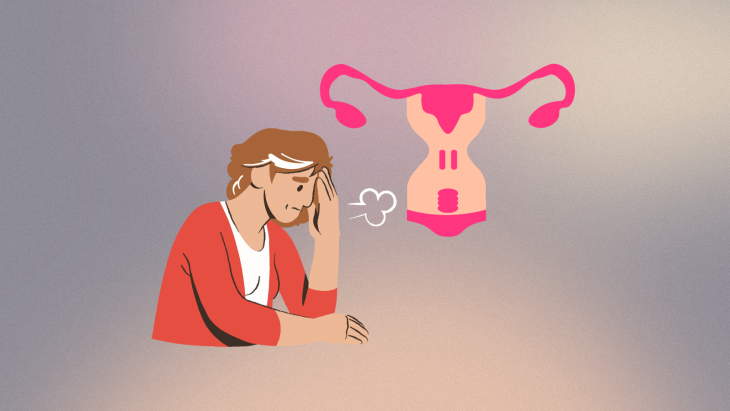Recent Posts
- Am I too sensitive to noise? It drives me crazy! The psychological effects of noise on mental health
- What are the signs that I am avoiding grief? How avoiding processing loss impacts mental health
- My son's disruptive behavior is affecting his life. How can I help him improve?
- I want to be ready for motherhood: Exploring pre- and postnatal mental health issues
- Effects of positivity on job search motivation. How do I stay confident when my job search gets tough?
Most Popular
How can men understand what women go through during menopause? What are healthy approaches to women's health during menopause?

It is not uncommon to hear some say menopause is a stage where a woman “becomes mad”, “harder to understand than usual”, or “extremely moody and angry at everybody about everything.”
When men’s partners are experiencing symptoms of menopause, there seems to be a collective view among many men that menopause is a distressing event that negatively affects both of their lives and their relationship.
Without proper knowledge about what happens during this natural part of a woman’s life, the relationship becomes rocky, and the highs and lows from the emotions that menopause brings can be too overwhelming for men, and women might feel misunderstood and uncared for.
Men might be asking themselves or their friend s these questions:
- Why did my wife suddenly become so angry at the little things?
- Why is my wife so emotional, seeming to cry about the stuff?
- Why isn’t she sleeping well now? Where did the hot flushes come from?
- Why can’t I talk to her as before?
Menopause can be a sensitive topic for a couple to talk about. And if the woman experiencing the menopause symptoms is not equipped to talk about the signs of menopause, and the effects of menopause on her health and their relationship, then it would also be difficult for a man to understand.
Would you like to make your man understand you and menopause?
Learn what menopause is. Menopause is the natural end of a woman’s monthly periods, as her ovary stops producing eggs. In turn, the hormones that used to be part of a woman’s monthly cycle also significantly decrease.
Menopause on average occurs between the ages of 50 to 52, though there are some who experience early menopause in their 40s. Meanwhile, a small number will have premature menopause for even younger women.
When do symptoms start? There is a period before menopause called perimenopause where reproductive hormones fluctuate and start to decrease before eventually coming to a halt during menopause.
For 25% of women, symptoms will be mild, while 75% of women will have menopausal symptoms that will be life-altering and will cause disruptions in her emotional, physical and mental health. For some women, symptoms will even continue years after menopause.
This is where education for both partners become crucial.
Talk about the physical, emotional, and mental effects of menopause with your partner and understand them together.
Estrogen, Progesterone and Testosterone are hormones that fluctuate during these periods, and all throughout the woman's body, receptors for these hormones are scattered. This explains why symptoms of menopause are not limited to the reproductive organs, but almost all parts of the body.
Physical effects of menopause
- Headaches
- Vaginal dryness
- Thinning of hair
- Hot flashes
- Brain fog
- Abdominal weight gain, slowed metabolism
Emotional and mental effects of menopause
- Mood swings
- Change in confidence, sex drive and sexual pleasure
Decrease the pressure you have for one another to always “get it” and be in control- this is challenging for both of you, so take time to be patient with one another now that you understand the whys behind menopause.
The view to take when transitioning to your menopausal years should be of partnership and collaboration with the man in your life. By preparing to go through it together in the long haul, you both increase your chances of protecting your relationship, and dealing with one another with respect and care.
For a more comprehensive healthcare career list, connect with the premiere health job board in the US.








Comments